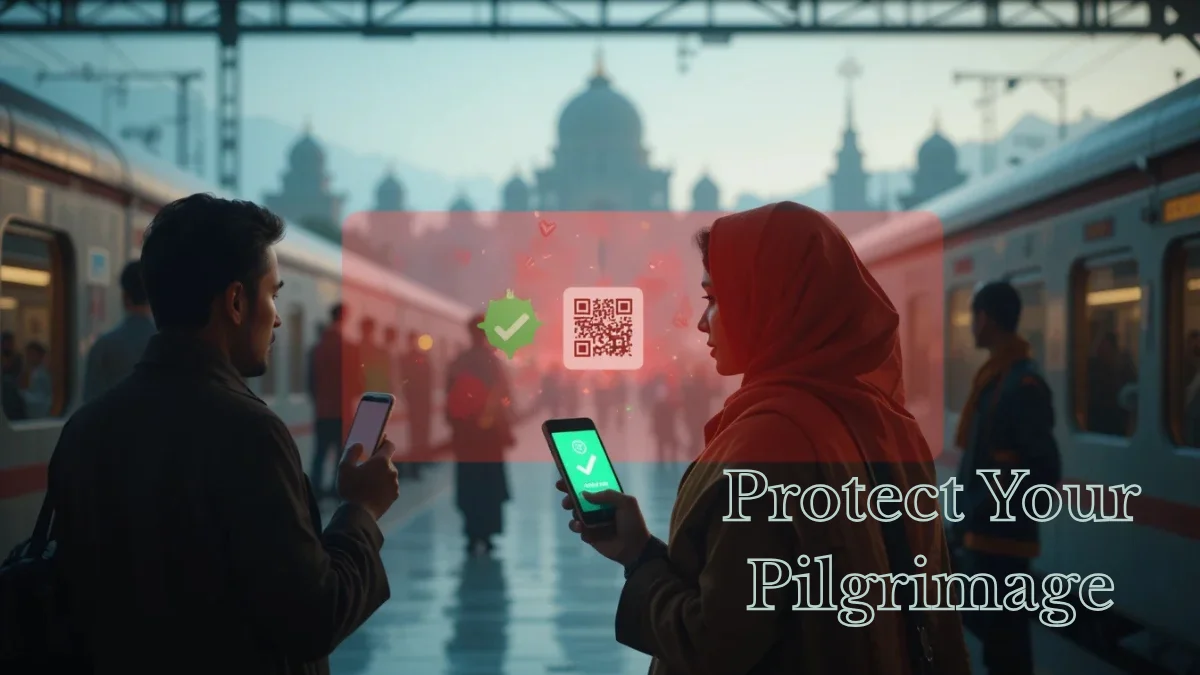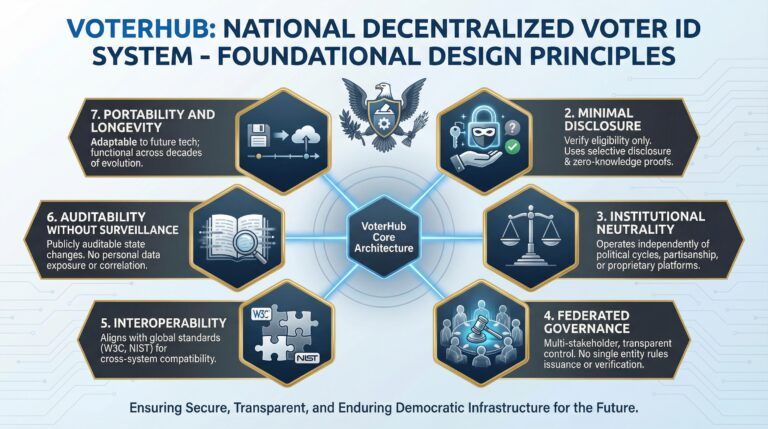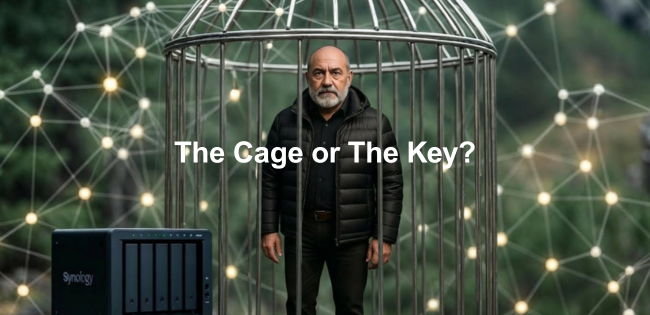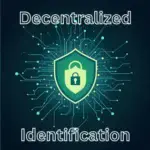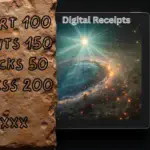Scam websites and fake booking ads are targeting travelers everywhere. The current internet cannot protect you, but a digital identity can.
Web3 Rescued You From
- The surge in online booking scams tied to religious travel and tourism across India
- How outdated Web2 systems leave people exposed to fraud
- Why Decentralized ID (DID) changes the equation by confirming identities before transactions
- How platforms like Hedera Hashgraph and MyEarth.ID bring this to life in real-time
- Why this matters far beyond India and what it means for trust online
Web3 Rescued Insights
- How these scams operate and why they continue to succeed
- What DID is and how it protects both individuals and service providers
- How MyEarth.ID and Hedera make digital identity really affordable and secure
- What steps can you take right now to avoid scams and demand verification
🔗 Recommended Resource
Explore MyEarth.ID
Protect your online identity with MyEarth.ID built on Hedera trusted by global organizations and ready to stop scams before they start.
Do not trust a booking just because it looks legitimate. Demand proof.
Share this story, ask your provider for verified credentials, and help make digital fraud a thing of the past.
India’s Pilgrimage Scams with Digital IDs
On April 19, 2025, the Indian Cyber Crime Coordination Centre (I4C), under India’s Ministry of Home Affairs, issued an urgent alert about a surge in online booking scams targeting religious pilgrims and tourists. These scams exploit devotees visiting sacred sites like Kedarnath, the Char Dham Yatra (Yamunotri, Gangotri, Kedarnath, Badrinath), Somnath, Varanasi, and Ayodhya, particularly during peak pilgrimage seasons.
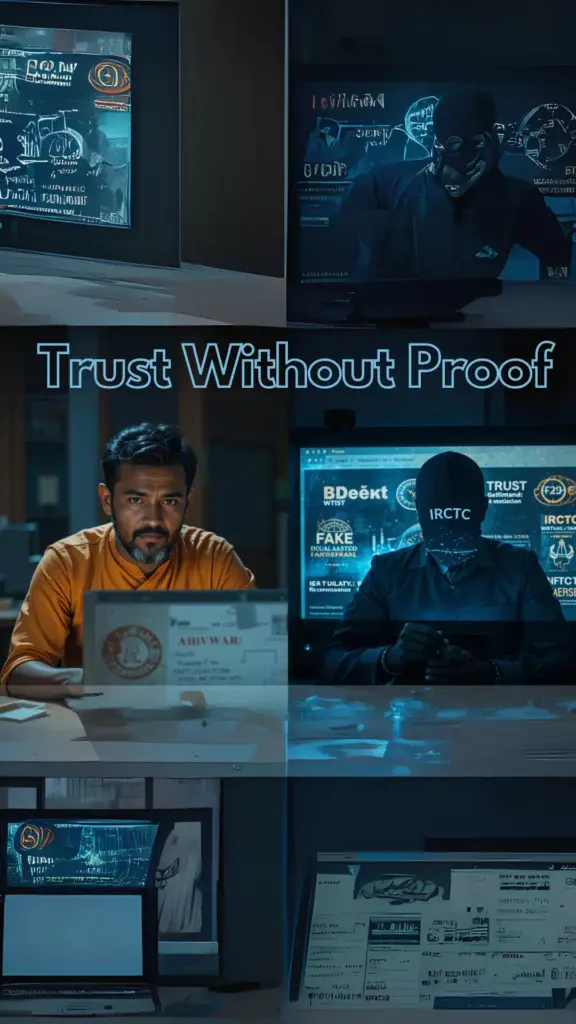
Fraudsters create convincing fake websites, Facebook pages, WhatsApp accounts, and paid Google ads, offering helicopter rides, hotel bookings, taxi services, or religious tour packages. Pilgrims pay upfront, expecting confirmed reservations, only to find no services and scammers gone. These scams are rampant in Uttarakhand, Gujarat, and Uttar Pradesh, with spikes during the Mahakumbh Mela in January 2025.
The I4C is fighting back, partnering with Google, WhatsApp, and Facebook to block fake ads and accounts, patrolling the internet to disable fraudulent websites, and working with local police to trace scam origins. They’ve introduced a suspect checking and reporting feature on the National Cybercrime Reporting Portal (www.cybercrime.gov.in) and a helpline, 1930, for victims. The I4C urges booking through trusted platforms like heliyatra.irctc.co.in for Kedarnath helicopters or somnath.org for Somnath guest houses and avoiding unverified links. Yet, these efforts often come after the damage is done. A better way is to verify identities upfront, stopping scams before they start.
Web2’s Trust Flaw Fuels Fraud
Picture a pilgrim booking a hotel for the Char Dham Yatra, only to lose their money to a fake website. This isn’t about careless clicks, it’s about a flawed system. Today’s internet, Web2, relies on usernames, passwords, and emails, which don’t prove who’s behind a website or WhatsApp number. Anyone can mimic IRCTC’s website or set up a fake Facebook page. Without a way to check authenticity, pilgrims trust what looks real, until it’s too late. Web2 was built to connect us, not to verify us, and scammers thrive in this gap.
The I4C’s work to block fake sites is vital, but it’s like catching thieves after they’ve fled. Pilgrims trust Web2 because it’s familiar, not because it’s safe. We need a system that confirms who’s legitimate before a single rupee is paid.
Decentralized ID: A Simple Scam Stopper
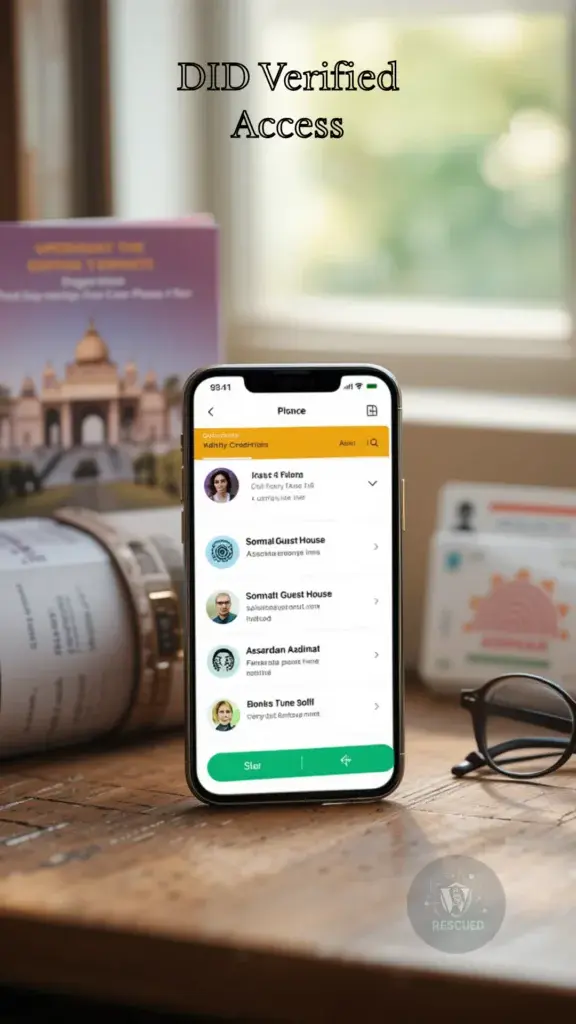
Decentralized Identification (DID) is a new way to ensure trust online. Think of it as a digital ID card, like a driver’s license, but for the internet. Businesses, like hotels or helicopter services, get a digital ID from a trusted source, such as IRCTC or a tourism board, proving they’re real. You’d have your own digital ID, too, created when you sign up with a secure platform like MyEarth.ID, a service built on Hedera Hashgraph. It’s not something you get at birth, but in the future, it could start there, like a digital birth certificate that grows with you.
For now, you register for it, linking it to an official ID like your passport, and update it with life changes, like a new address, a new trip, or new milestones.
MyEarth.ID makes this easy and safe. It’s like a digital wallet where you store your ID documents, controlling what you share. For example, proving you’re eligible to book without revealing your full details. Businesses use MyEarth.ID to get verified digital IDs, which can’t be faked, ensuring they’re legitimate. Built on Hedera Hashgraph, MyEarth.ID is fast (checking IDs in seconds), affordable (just $0.001 per check), and trusted, backed by companies like Google and IBM. It’s already recognized worldwide, winning awards and trusted by groups like the United Nations for preventing fraud. With MyEarth.ID, you don’t hope a website is real, you know it is, because its digital ID checks out.
How MyEarth.ID Stops Pilgrimage Scams
Imagine booking a Kedarnath helicopter ride. You find a website, but your phone or browser checks its digital ID using MyEarth.ID on Hedera Hashgraph. If it’s not registered with IRCTC or Uttarakhand’s tourism board, a warning pops up, or the site doesn’t appear in Google’s search results. If it’s verified, your booking is recorded securely with Hedera’s tool for safe records, so the I4C can track it if fraud is reported. This boosts the I4C’s efforts: their partnerships with Google and WhatsApp could block ads or accounts without a MyEarth.ID digital ID, stopping scams before they reach pilgrims.
Scammers can’t fake these digital IDs, so they’re out of business. Pilgrims book with confidence, real vendors stand out, and the I4C’s cybercrime portal gets stronger by checking IDs upfront. MyEarth.ID’s secure wallet lets pilgrims store their IDs safely, sharing only what’s needed, while businesses gain trust with verified credentials. It’s about making fraud impossible from the start, not catching it later.
Who’s Building This Future
This is happening now. Hedera Hashgraph leads with MyEarth.ID, a fast, low-cost platform governed by global companies like Google and IBM, is designed to stop fraud like these scams. Polygon ID keeps your information private, sharing only what’s necessary. Hyperledger Indy, through the Sovrin network, helps governments issue IDs that work across systems, like in Canada’s digital ID pilots. Dock.io creates IDs for travel and other fields, and Spruce ID makes logins safer than passwords. These systems follow a shared rulebook, W3C Verifiable Credentials, so one digital ID works for booking a hotel, getting a job, or voting.
India’s government, with tools like Aadhaar, could use MyEarth.ID to strengthen the I4C’s cybercrime portal, ensuring only verified providers reach pilgrims. These platforms are live, with pilots in tourism, finance, and public records, ready to protect travelers today.
Why This Matters Beyond Pilgrimage
These scams in India are part of a bigger problem. Fake websites and ads target travelers worldwide for sought-after destinations like Bali retreats, Vatican tours, Tokyo vacations, or wherever people book under pressure. But digital IDs can fix more than travel. They can verify a doctor’s license in Mumbai, a diploma in Sydney, or a voter registration in Texas. In any industry where trust is abused, banking, healthcare, social media, and elections, digital IDs make honesty the standard.
Protecting pilgrims in Uttarakhand today means safeguarding your family from fake investment schemes, your kids from scam tutors, or your vote from digital fraud tomorrow. It’s all about safer bookings and an internet where trust is proven, not guessed.
If Decentralized IDs can protect travelers from scams, imagine what they could do for voting, where trust is even more critical.
Your Role in Making Trust Real

You don’t need to be a tech expert to help eliminate online scams. When you see the news reporting a new scam like these, a new data breach by hackers, you have the opportunity to demand better. Web3 can rescue you from these online disasters.
When you book a trip using any service, ask the company a simple question: “Can you prove who you are?”
If they can’t, walk away.
Urge India’s tourism boards to use digital IDs like MyEarth.ID for pilgrimage bookings. Tell the I4C to add them to their cybercrime portal for stronger scam protection.
Share this story on X, spread the word about digital IDs, and join others pushing for a safer online world.
Platforms like Hedera, Polygon, and Indy are ready to make trust real, and it starts with you demanding verification over guesswork.
Let’s make all of these types of scams history. No one should lose their money or their faith to a fake website.

